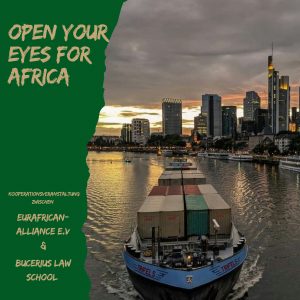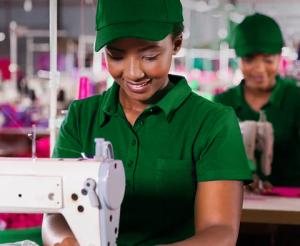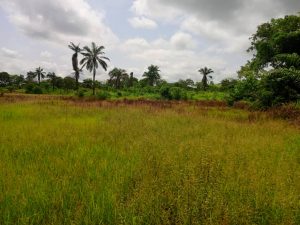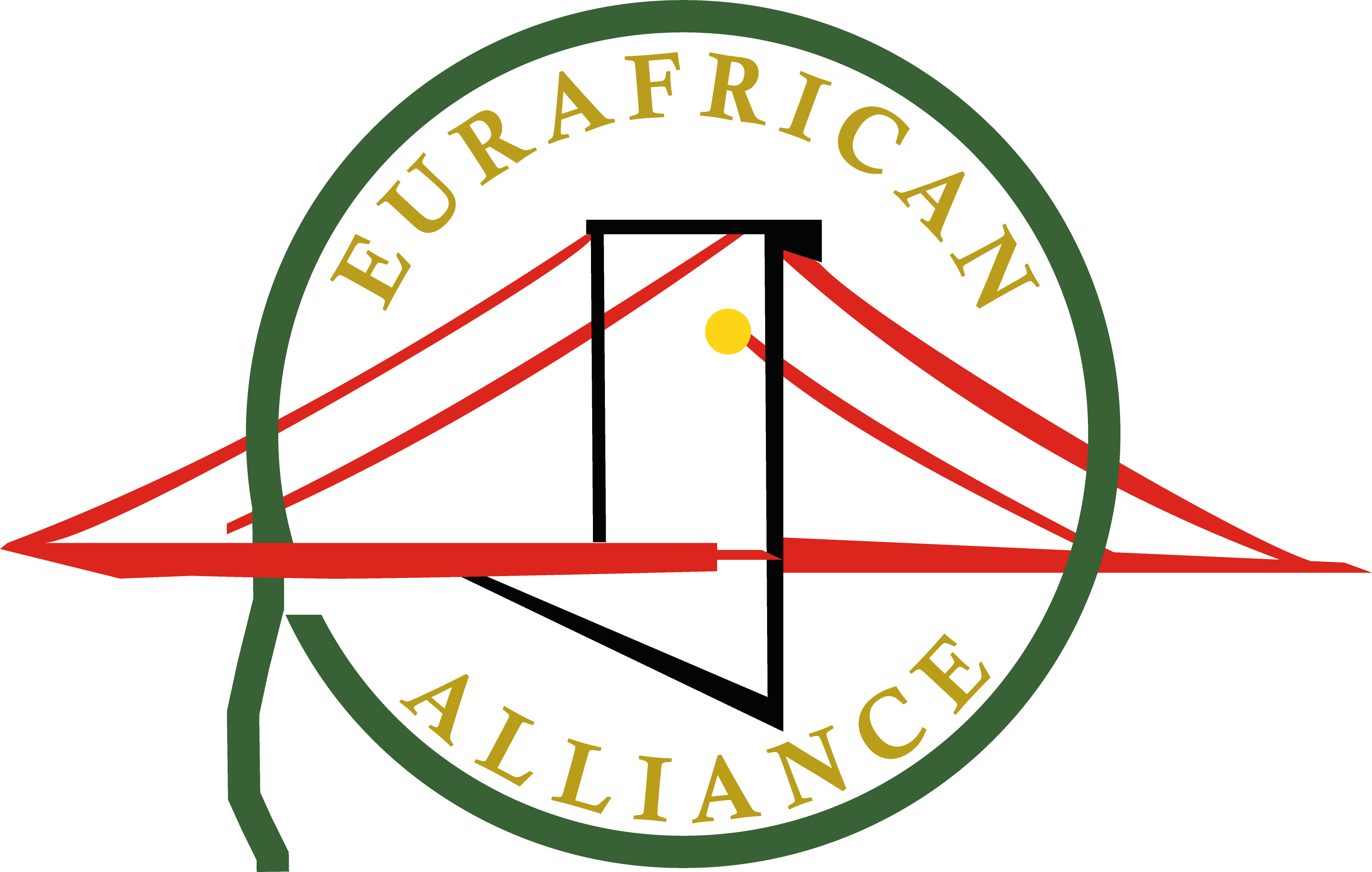Welcome to
Eurafrican-Alliance
Our goal is to sustainably support projects in Africa
The non-profit organisation Eurafrican-Alliance is engaged in problem analysis and would like to offer solutions for possible problems of the African economic sector. In various events such as webinars and panel discussions with experts, participants gain an understanding of the background to Africa's situation.
"Due to my African roots, it is a matter close to my heart to sustainably support people in need through projects!"
Emeka Ojukwu, chairman of the organisation.
Podium Discussion: Open Your Eyes For Africa
A cooperative event by Eurafrican Alliance and Bucerius Law School.
The African continent has a hard time in the awareness of the western world.
But it is precisely the challenges of the climate crisis, the enormous development potential and the young population that make Africa an important political and economic partner.
The panel of experts will discuss the potentials, which exist above all in economic cooperation.

Sewing Initiative (Nigeria)
Eurafrican-Alliance promotes non-profit projects in Africa. In particular, we look for sustainable projects that create long-term jobs in communities. This is the mission we pursue with the Sewing Initiative in Nigeria.
We plan to offer young people on-site labour market opportunities in the textile value chain. The sewing school in connection with the production offers not only the prospect of learning a trade, but also a permanent job. We expect that this solution will increase the purchasing power of the inhabitants thus growing the community economically. In addition, it will reduce poverty in the community.

Young Innovation Agricultural Center (Nigeria)
The pilot project "Young Innovation Agricultural Center (YIAC)" aims to create employment opportunities in the agricultural value chain primarily for young people in small communities, thereby contributing to food and labour security. Furthermore, we want to support surrounding smallholder farmers to generate a higher yield and serve as buyers of their products.


